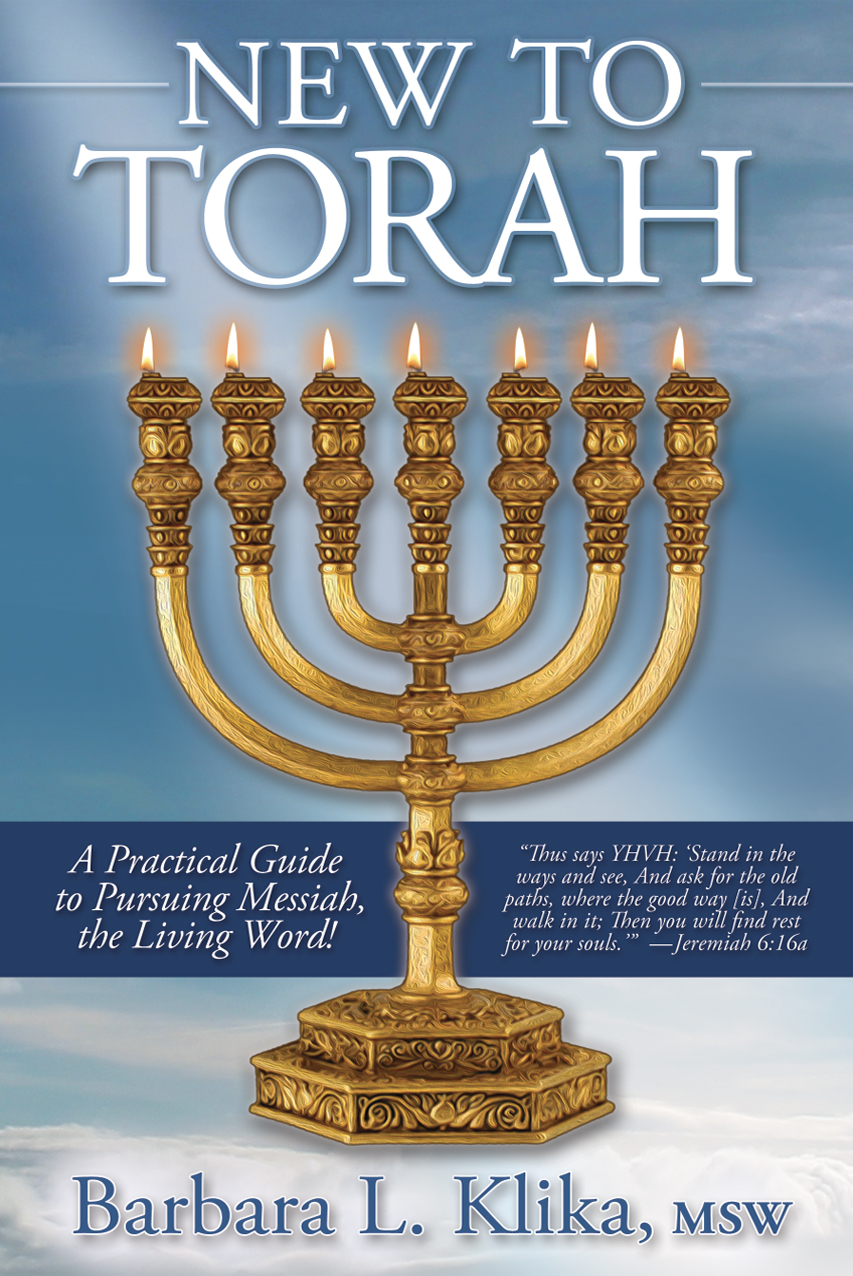Because knowledge gained outside the context of relationship
is only half of His plan for us!
What We Do
A Home Fellowship with more than 20 years of experience learning to Prepare Messiah's Bride in a Torah Pursuant.
Discipleship/Spiritual Growth Community which is called as an Ezer Knegdo to the Body of Messiah.

Revised and Expanded in 2018! Having concluded that the Whole Word of God is applicable for today, your personal joy in Messiah Yeshua will grow but the changes that follow in lifestyle may bring confusion and friction to family and friends who do not yet understand.
This book addresses common identified concerns as the main challenges during the first years of walking out Torah in Messiah. Chapters on dealing effectively and mercifully with personal feelings of shock, anger and regret at what wasn't known before are followed by chapters that focus on how to respond well to the concerns of friends and family. It is filled with compelling and proven recommendations for handling them all gracefully while learning to walk out His Truth in love.
After watching our "Be Ye Set Apart" video above, one leader had some comments we appreciated, and a very good question:
If you are in the area and would like to visit with us for Shabbat gatherings or another time, please contact us by email or telephone to make arrangements.
Email: info@set-apart-ministries.org
Phone: (920) 634-2760
